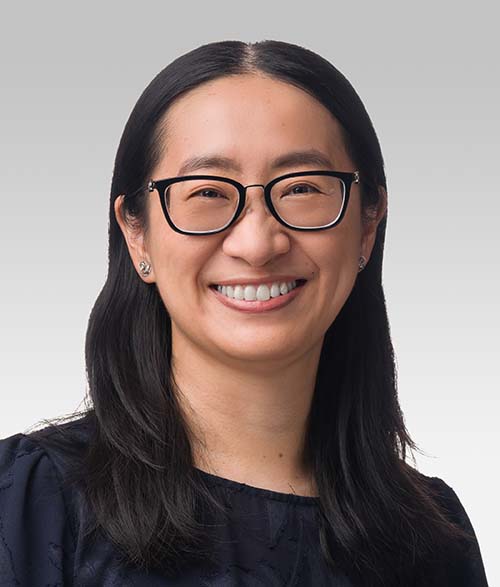Member Spotlight: Wen Lu, PhD
 Name:
Name:
Wen Lu, PhDTitle:
Research Assistant Professor
Year joined CDB:
2011
Can you say a few words about yourself and your work at Northwestern?
I was trained in cell biology, genetics, and developmental biology at Peking University (B.S.) and the University of Chicago (Ph.D.). At Northwestern, my research focuses on how the cytoskeleton is regulated in exceptionally large cells—such as neurons and oocytes—using Drosophila melanogaster as a model organism.
Any significant experiences that shaped your career or personal journey?
One defining experience was my first independent research project in graduate school. The project was highly novel and challenged mainstream views in the field at the time. It was both exhilarating and daunting. It was the first time I truly had to think like a scientist—designing experiments, troubleshooting relentlessly, and learning to trust and defend my own ideas. That experience taught me resilience, independent thinking, the value of scientific courage, and the importance of asking meaningful questions. It continues to influence how I approach both research and mentoring today, and it inspires me to embrace creative risks.
Who has been the biggest influence in your life and how did they impact you?
The biggest influence in my life has been my grandfather, an electrical engineer. From a young age, he taught me the importance of staying organized, paying attention to details, and being hands-on in problem-solving. He also nurtured my lifelong curiosity—reminding me that you’re never too old to learn something new. Although he passed away a few years ago, he continues to inspire me every day, both in my personal life and in my research.
What are you looking forward to this summer?
This summer, I’m most excited about our optogenetics projects. We’re using blue light—like a molecular remote control—to precisely trigger microtubule assembly and disassembly. Hopefully, it will allow us to steer cell fate decisions and guide how neurons grow and connect—a blend of cutting-edge and fundamental science. I can’t wait to see what we discover.
If you could collaborate with (or meet) any scientist, living or deceased, who would it be and why?
I’d choose Thomas Hunt Morgan—the father of Drosophila genetics. Not only do I work in the field he pioneered, but I was trained in fly genetics by someone who studied under his graduate student—an academic lineage I find profoundly inspiring. Imagine discussing science with him, sharing how far the field has advanced, and maybe even showing him the latest live imaging and genetic tools. I am sure he'd be amazed—and hopefully proud.